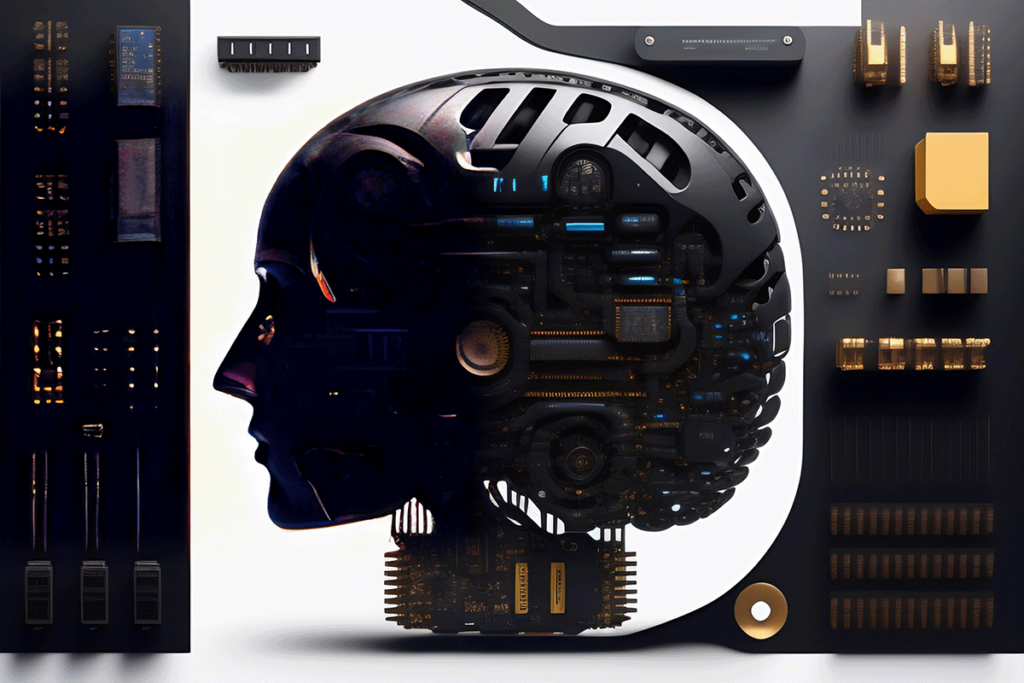Table of Contents
Introduction
In the ever-evolving world of artificial intelligence (AI), having the right tools and platforms at your disposal is essential for staying ahead of the curve. Whether you’re a beginner looking to dip your toes into AI or an expert seeking powerful open-source solutions, this comprehensive guide is designed to help you navigate the vast landscape of AI platforms and tools. Let’s explore the top 10 open-source AI platforms and tools that can supercharge your AI projects.
TensorFlow
Unlocking the Power of Deep Learning
TensorFlow stands tall as one of the most influential open-source AI platforms available today. Developed by Google, it offers a robust ecosystem for machine learning and deep learning. With TensorFlow, you can build and train neural networks with ease, making it an indispensable tool for AI enthusiasts and professionals alike.
PyTorch
A Playground for Researchers
PyTorch has gained immense popularity in the AI research community due to its flexibility and dynamic computation graph. It empowers researchers to experiment with cutting-edge AI techniques and develop complex models effortlessly. Its popularity has surged in recent years, making it a must-know tool for AI experts.
Scikit-Learn
Streamlining Machine Learning
For those venturing into machine learning, Scikit-Learn is a treasure trove of resources. It offers a user-friendly interface and a wide range of machine learning algorithms. Beginners can leverage Scikit-Learn’s simplicity, while experts appreciate its scalability and extensibility.
Keras
Simplifying Neural Network Development
Keras is an open-source deep learning framework that focuses on user-friendliness and rapid prototyping. It’s an ideal choice for beginners, thanks to its intuitive API, while experts value its compatibility with both TensorFlow and Theano.
Jupyter Notebook
Interactive Data Science
Jupyter Notebook is a favorite among data scientists and AI practitioners. It provides an interactive environment for coding, visualization, and documentation. This tool is instrumental in developing, testing, and presenting AI projects.
OpenCV
Enhancing Computer Vision
OpenCV is a powerful open-source computer vision library. It equips AI developers with a comprehensive set of tools to process images and videos. Whether you’re working on object recognition or image manipulation, OpenCV is your go-to solution.
Pandas
Data Wrangling Excellence
Data is the lifeblood of AI, and Pandas is the tool that makes data wrangling a breeze. This Python library offers data structures and functions that simplify data manipulation and analysis. Whether you’re a beginner or an expert, Pandas is indispensable for any AI project.
Theano
Deep Learning Pioneering
While Theano may not be as prominent as TensorFlow or PyTorch today, it played a pivotal role in the evolution of deep learning. It’s a valuable platform for understanding the fundamentals of deep neural networks, making it a must-learn for AI enthusiasts.
Caffe
Speeding Up Convolutional Neural Networks
Caffe is known for its speed and efficiency in training convolutional neural networks (CNNs). It’s an excellent choice for computer vision tasks that require quick model training and deployment. Whether you’re a beginner or an expert, Caffe is worth exploring for CNN-based projects.
XGBoost
Dominating Machine Learning Competitions
XGBoost is a powerful gradient boosting library that consistently tops machine learning competitions. Its ability to handle structured data and provide high predictive accuracy makes it a must-have tool for AI professionals aiming to excel in machine learning challenges.
Conclusion
In the realm of AI, staying up-to-date with the latest platforms and tools is crucial. These top 10 open-source AI platforms and tools cater to both beginners and experts, providing the resources you need to excel in your AI endeavors. Whether you’re diving into deep learning with TensorFlow or mastering data manipulation with Pandas, the choice is yours. Embrace these tools, and you’ll be well on your way to outranking the competition in the dynamic world of artificial intelligence.
